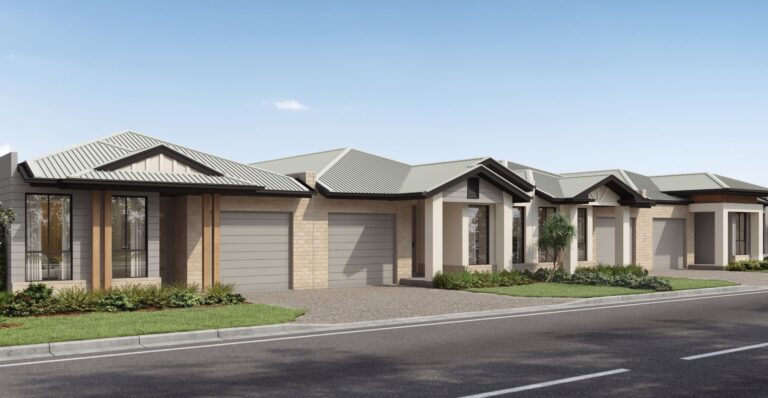Are you a property investor looking to optimise your returns, or perhaps a first-time investor looking to climb the property ladder?
No matter where you are on your journey, it may be worth investigating the differences between positive and negative gearing, and whether you can claim tax depreciation through investment property expenses.

What is positive and negative gearing?
Negative gearing represents a tax benefit for which property investors are eligible if their costs are higher than the income made on a certain property. Losses can be claimed against an investor’s entire income, increasing their tax return and enhancing their income on investment.
Positive gearing, on the other hand, refers to a situation in which the income made on an investment property is in excess of the costs of owning a property. To work out whether this is the case, you must take into account expenses such as loan repayments, the costs of interest, water bills and maintenance costs.
Investors with positively geared properties enjoy a net gain on their investments and tend to make a steady income.
What are the advantages of positive gearing?
Positive gearing is a viable option if you make steady returns on a rental property. It is particularly relevant for investors who don’t have a large taxable income and those who wish to balance their investment portfolio using extra income.
What are the advantages of negative gearing?
Many property owners are happy to accept a loss of income if they are likely to make up for it in future through capital growth. Of course, such an approach does require investors to make up for the shortfall while they wait for their properties to appreciate in value.
It is also worth noting that investors require a taxable Australian income against which to negatively gear their losses. In other words, the higher your income, the more likely you are to benefit from negative gearing as it will help to lower your taxable income.
What is depreciation?
Property depreciation is the wear and tear of a property’s assets (plant and equipment) and structure (construction) over time. Depreciation allows owners of incoming-producing properties to claim this depreciation as a tax deduction.
What are tax depreciation claims?
If you own a rental property, you are eligible to claim tax relief to offset the cost of wear and tear. Broadly speaking, there are two categories under which allowances may fall, including:
- Plant and equipment: This component includes items within the property such as furniture, carpets, window coverings, kitchen appliances, air conditioners and more.
- Construction costs/capital works: This covers expenses related to maintaining the structural integrity of the property, such as brickwork, concreting and stonemasonry.
The reason behind this tax deduction is that the investment property will wear out over time, with most components needing to be replaced every decade or so. Whether or not you are able to claim tax relief is not contingent on who paid for the construction costs.
Indeed, you can claim deductions on construction components that were originally paid for by a builder, developer or previous owner, as long as they are no more than 40 years old. However, legislation introduced in 2017 means that investors in second-hand properties cannot claim depreciation on items within the plant and equipment category.
To ensure the claims process is as easy and smooth as possible, both equipment and construction allowances are deducted against a property owner’s assessable income. As long as the property remains available to rent, you can continue to claim depreciation costs on tax.
Negative gearing and depreciation:
Both plant and equipment and capital works can be included in property depreciation. Loss incurred through a negatively geared property can be claimed against an investors entire income. This allows the investor to reduce their taxable income in the short-term, and in turn increase their after-tax flow cash and enhance income on investment while the property gains capital growth.
Adding to your investment portfolio:
Whether you’re a first-time investor or an established entrepreneur, a personalised investment package can boost your income and success.
Talk to your financial partner about a complete house and land package through ALC Projects.
We’d love to connect
Always speak to your qualified financial advisor for tailored advice for you.



